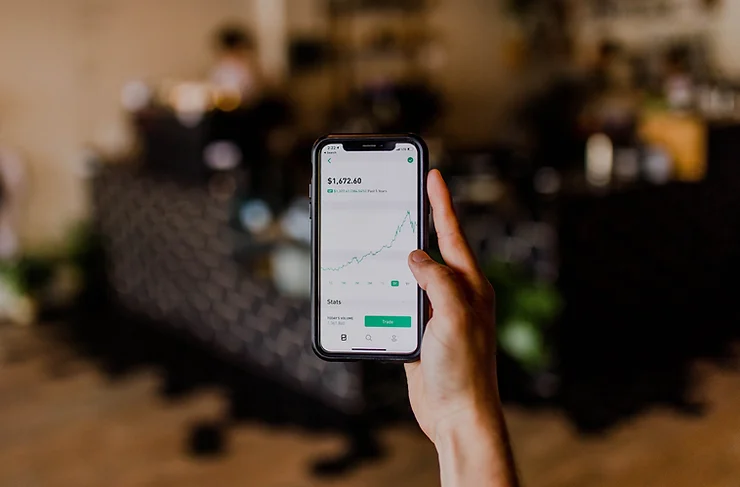The COVID pandemic has seen a sharp rise in residential relocation and remote working. There are tax implications that come along with this. When people in higher tax brackets leave their state, they are more likely to be audited. Many states that need higher tax revenue want to make sure those people actually left. Some states track high taxpayers and are not pleased when they leave. Furthermore, they are willing to put up a fight that can have messy legal outcomes. Most states, except Ohio, use 183 days to determine if a person is elsewhere for tax purposes. This debate has surfaced between states due to the COVID pandemic and the subsequent rise of remote working. For example, Massachusetts and New Hampshire are legally torn on the question of where people are working for tax purposes when they are not allowed to go into an office in another state.

For those who have moved, it is important to be extra careful when filling out their tax documents for this reason. Using an app on your smart phone that uses location services constantly, can help with documenting where you are and when. Though some people might find this an intrusion of privacy, it allows you to have peace of mind in the case that the state’s tax authority does conduct an audit. You will be able to show your movements exactly.
Many apps on your phone already track you without you realizing it. With these apps, there are privacy policy statements about data and specific information on data sharing. Tax apps like TaxBird, TaxDay, and Monaeo are subscription-based, moderately priced apps that prove your location through Wi-Fi and GPS to tax authorities to avoid an unnecessary tax burden. These apps are vigilant about not sharing your data with the sole purpose to benefit you, the taxpayer.
When it comes time to file taxes, users download reports about where they worked on any given day, with varying levels of specificity. In fact, you can give descriptions of your trips’ purposes to adhere to certain jurisdiction rules. Monaeo also includes a website that allows consumers to give access of their information to accountants, lawyers, and assistants.
These apps do not come without fault, however, as information can be modified. Therefore, it may be a good idea to save any sort of travel receipts that are linked to your bank or to manually track your days using Excel, although this can be tedious for some.
The Tax Cuts and Jobs Act of 2017 has made proof of residency in a lower-tax jurisdiction especially important for taxpayers who own two homes because it limited the deductibility of state and local taxes on federal returns. If the properties you own are in states with income taxes, you can end up paying these taxes for both places. Remember, residency must be declared. On the other hand, your work location is determined by your employer.
Overall, it is a good idea to keep track of your receipts and travel records. Keeping a record or using a smart device to track your location and purchases can be especially helpful for those taxpayers who own homes in multiple states or work in a state separate from their residency. Consult a good tax advisor to be prepared in the case of an IRS audit.
Sources :
